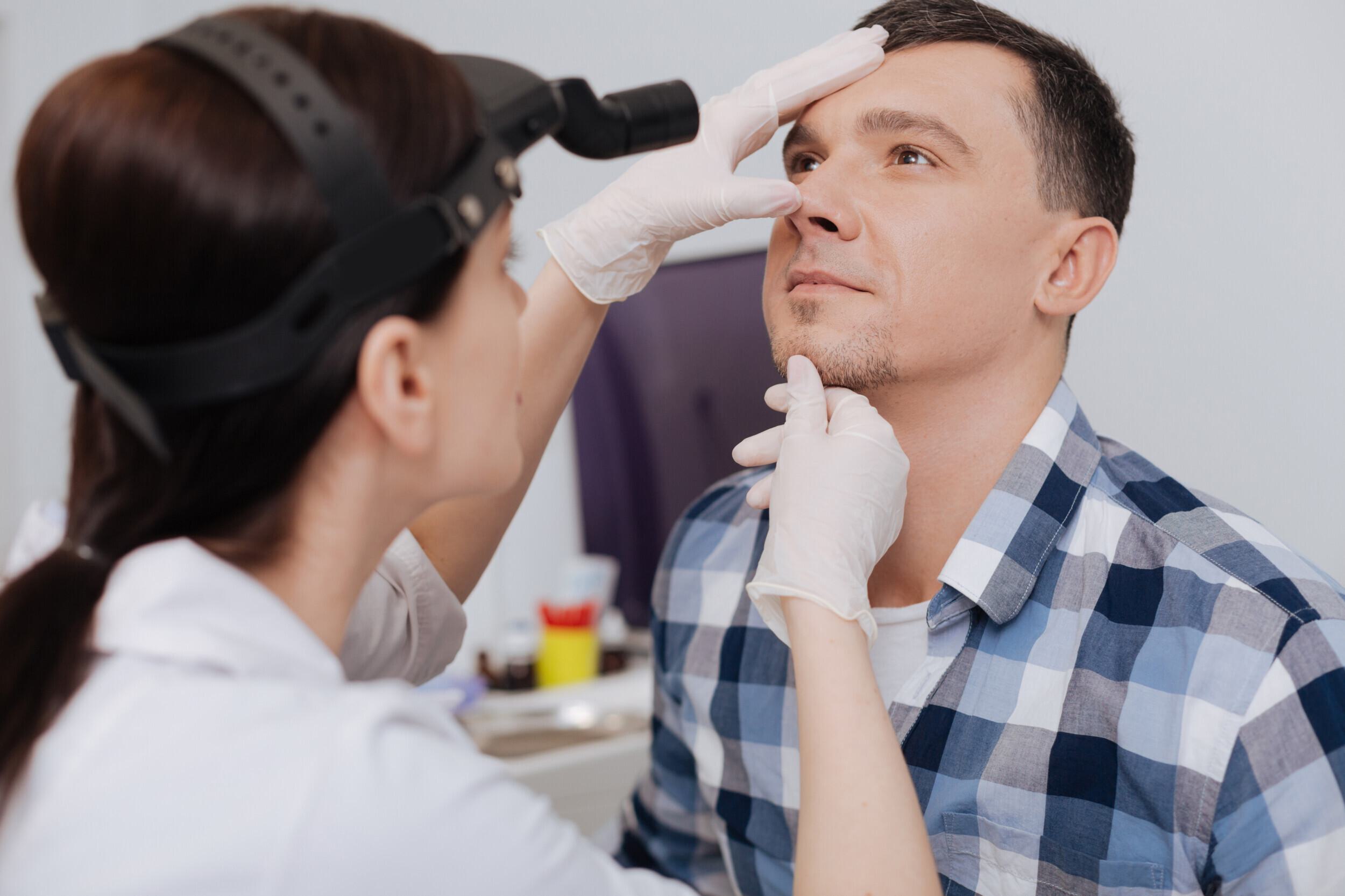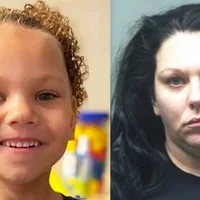Birmingham has a new resource for people who have lost their ability to taste and smell.
University of Alabama Birmingham (UAB) Medicine launched its first-of-its-kind Comprehensive Smell and Taste Clinic on Monday to treat patients who haven’t been able to taste or smell since they became infected with COVID-19.
Interim chair of the UAB Department of Otolaryngology Dr. Bradford Woodworth said that Alabama has seen many patients with smell and taste loss, referred to as olfactory disorders.
According to UAB, many people who’ve had COVID-19 suffer from post-infectious olfactory disorders. Over 60% of people infected with the virus experience this symptom, and as much as 46% of infectees experience extended smell loss. In the state of Alabama, this could be as many as 500,000 people.
According to Mayo Clinic Health System, the reason COVID-19 causes smell dysfunction is unclear but may be because it causes damage to cells that support olfactory neurons or sustentacular cells.
Taste and smell are generally linked. When one loses smell, they are likely to lose taste as well.
Most people who experience smell and taste loss from COVID recover their senses within four weeks, but some may experience permanent loss.
UAB created the clinic to treat patients with olfactory impairment and collect data about the condition. They also treat patients who lost their smell for reasons aside from COVID-19, like trauma or neurological conditions.
“We intend to manage these patients with evidence-based treatments and tailored education, thus enhancing the ability to improve outcomes and avert long-term complications,” said Smell and Taste Clinic director Dr. Do-Yeon Cho.
Cho told ABC3340 that treatment for smell and taste loss involves sniffing essential oils. Patients are trained to smell one oil before moving on to the next. This teaches the patient’s nerves to understand the smells they were able to smell before they contracted COVID. The clinic also has taste strips to test patients’ level of taste.
Cho assured that if patients train their smell twice daily, they should improve within three months.
“To continue to meet the mission of UAB Medicine to provide innovative health care, superior education and cutting-edge research, we need a comprehensive care program that treats individuals with smell and taste disorders,” Woodworth said.
To connect with the author of this story, or to comment, email will.blakely@1819news.com or find him on Twitter and Facebook.
Don’t miss out! Subscribe to our newsletter and get our top stories every weekday morning.










